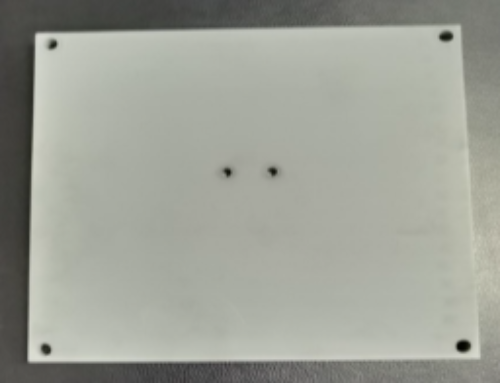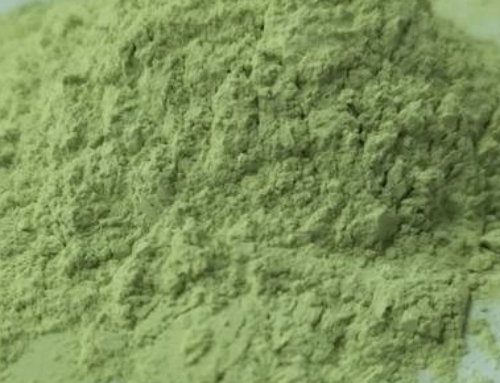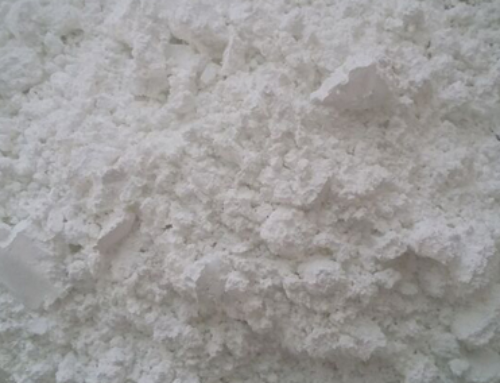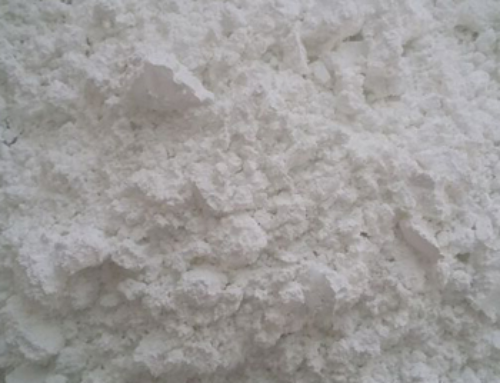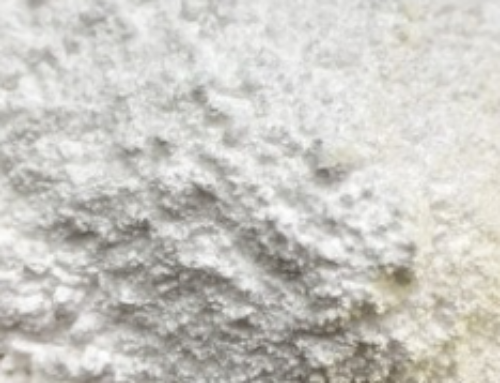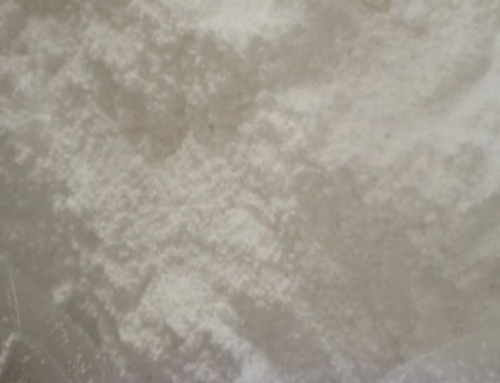Titanium Nitride Powder (TiN Powder)
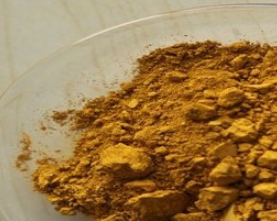
| Product | Titanium Nitride Powder (TiN Powder) |
| Part Number | TN |
| Purity | 99% |
| Density | 5.21 g/cm3 |
| CAS# | 25583-20-4 |
Titanium Nitride (TiN) Powder is generally yellowish-brown, while ultrafine TiN powder is black, and TiN crystals are golden yellow. TiN melting point is 2950°C and density is 5.43-5.44 g/cm3. Mohs hardness is 8-9, with good thermal impact resistance. The physical and chemical properties of titanium nitride are determined by the content of nitrogen. When the content of nitrogen decreases, the lattice parameters of titanium nitride instead increase, and the hardness also increases microscopically, but the seismic resistance of titanium nitride decreases accordingly. TiN has a higher melting point and a lower density than most transition metal nitrides.
Typical application:
Titanium nitride has good physical and chemical properties, such as high melting point, good chemical stability, high hardness, good conductivity, heat conduction and light performance, etc., which makes it very important in various fields, especially in the field of new cermet and gold decoration. The industry demands more and more titanium nitride powder. As a coating, titanium nitride has low price, abrasion resistance and corrosion resistance, and its many properties are better than vacuum coating.
The application prospect of titanium nitride is very broad. It is mainly applied in the following aspects:
- TiN is highly biocompatible and can be used in clinical medicine and stomatology.
- Titanium nitride has a low friction coefficient and can be used as a high-temperature lubricant.
- Titanium nitride, with metallic luster, can be used as a simulated gold decoration material, and has a good application prospect in the surrogate gold decoration industry. It can also be used as gold coating in jewelry industry. It can be used as a potential material to replace WC, so that the application cost of the material can be greatly reduced.
- Titanium nitride has super hardness and wear resistance and can be used for the development of new tools. Compared with ordinary cemented carbide tools, the durability and service life of this new type of tools are significantly improved.
- Titanium nitride is a new multi-functional ceramic material. The addition of a certain amount of titanium nitrite to TiC-Mo-Ni series cermet can significantly refine the hard phase grains. As a result, the physical properties of cermet have been greatly improved at room temperature and high temperature. And the high temperature corrosion resistance and oxidation resistance of cermet have been greatly improved. The strength, toughness and hardness of ceramics can be enhanced by adding TiN powder to ceramics in a certain proportion. Nano titanium nitride is added to TiN/Al2O3 multiphase nano-ceramics, which is evenly mixed by various methods (such as the mechanical mixing method). The obtained ceramic materials containing titanium nitride nanoparticles form a conductive network inside. This material can be used as an electronic component in the semiconductor industry.
- Adding a certain amount of TiN to magnesium-carbon bricks can greatly improve the slag erosion resistance of magnesium-carbon bricks.
- Titanium nitride is an excellent structural material, which can be used for steam injection thrusters and rockets. Titanium nitride is also widely used in bearings and sealing rings, which highlights the excellent application effect of titanium nitride.
- Based on the excellent electrical conductivity of titanium nitride, it can be made into a variety of electrodes, point contacts, and other materials.
- Titanium nitride has a high critical superconducting temperature and can be used as an excellent superconducting material.
- It also has a melting point higher than most transition metal nitrides and a density lower than most metal nitrides, making it a unique refractory.
- Titanium nitride can be coated on glass as a film. In the case of infrared reflectance greater than 75%, when the thickness of titanium nitride film is greater than 90 nm, it can effectively improve the insulation performance of glass. In addition, by adjusting the percentage of nitrogen elements in titanium nitride, the color of titanium nitride film can be changed to achieve the ideal aesthetic effect.
- Titanium nitride (TiN) is a fairly stable compound, which does not react with metals such as iron, chromium, calcium and magnesium at high temperature. In addition, the TiN crucible does not act with acidic slag and basic slag in the atmosphere of CO and N2. Therefore, TiN crucible is an excellent container for studying the interaction between liquid steel and some elements.
Other ceramic materials NCE provides: Boron Nitride Powder (BN Powder), Titanium Diboride Powder (TiB2 Powder). For other ceramic materials, please check our Ceramics catalog page. We also provide Titanium Nitride (TiN) Sputtering Target.
Typical Specification
| Item | Chemical Composition(%) | ||||
| Ti+N ≥ | N | Fe ≤ | C ≤ | O ≤ | |
| TiN-1 | 99.0 | 16-22 | 0.20 | 0.03 | 0.70 |
| TiN-2 | 99.5 | 20-22 | 0.05 | 0.005 | 0.40 |
| Particle Size: -300 mesh, -400 mesh or custom work | |||||
* Special requirements for the particle size is available.
Order Information
Inquiries and orders should include the following information:
1. Quantity
2. Purity
3. Particle Size
Packing and Storage
Standard Packing: aluminum-plastic package
Special package is available on request.
Physical Properties – Titanium Nitride Powder (TiN Powder)
| Appearance Form | Powder |
| Color | Bronze |
| Melting Point | 2947℃ |
| Water Solution: | Insoluble |

